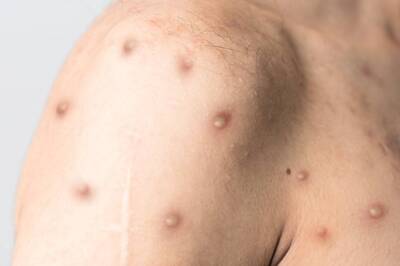
views
London: A wild berry native to North America may strengthen the effectiveness of a chemotherapy drug commonly used to treat pancreatic cancer, researchers, including one of Indian-origin, have found.
The study by researchers at King's College Hospital and the University of Southampton suggests that adding nutraceuticals to chemotherapy cycles may improve the effectiveness of conventional drugs, particularly in hard to
treat cancers, such as pancreatic cancer.
The team tested the effectiveness of extract of chokeberry (Aronia melanocarpa) in killing off cancer cells, probably by apoptosis (programmed cell death) as markers of early apoptosis appear in treated cells.
Chokeberry is a wild berry that grows on the eastern side of North America in wetlands and swamp areas. The berry is high in vitamins and antioxidants, including various polyphenols - compounds that are believed to mop up the
harmful by-products of normal cell activity.
The researchers chose to study the impact of the extract on pancreatic cancer, because of its persistently dismal prognosis: less than 5 per cent of patients are alive five years after their diagnosis.
The study used a well-known line of pancreatic cancer cells (AsPC-1) in the laboratory and assessed how well this grew when treated with either the chemotherapy drug gemcitabine or different levels of commercially available
chokeberry extract alone, and when treated with a combination of gemcitabine and chokeberry extract.
The analysis indicated that 48 hours of chokeberry extract treatment of pancreatic cancer cells induced cell death at 1 microgramme/mL.
The toxicity of chokeberry extract on normal blood vessel lining cells was tested and found to have no effects up to the highest levels used (50 microgramme/mL), suggesting that the cell death effect is happening in a way other than through preventing new blood vessel formation (anti angiogenesis), a process that is important in cancer cell growth.
"These are very exciting results. The low doses of the extract greatly boosted the effectiveness of gemcitabine, when the two were combined.
"In addition, we found that lower doses of the conventional drug were needed, suggesting either that the compounds work together synergistically, or that the extract exerts a "supra-additive" effect. This could change the way we deal with hard to treat cancers in the future," Dr Bashir Lwaleed, at the University of Southampton, said.
"The promising results seen are encouraging and suggest that these polyphenols have great therapeutic potential not only for brain tumours but pancreatic cancer as well," Dr Harcharan Rooprai from King's College Hospital, said.
The research was published in the Journal of Clinical Pathology.



















Comments
0 comment